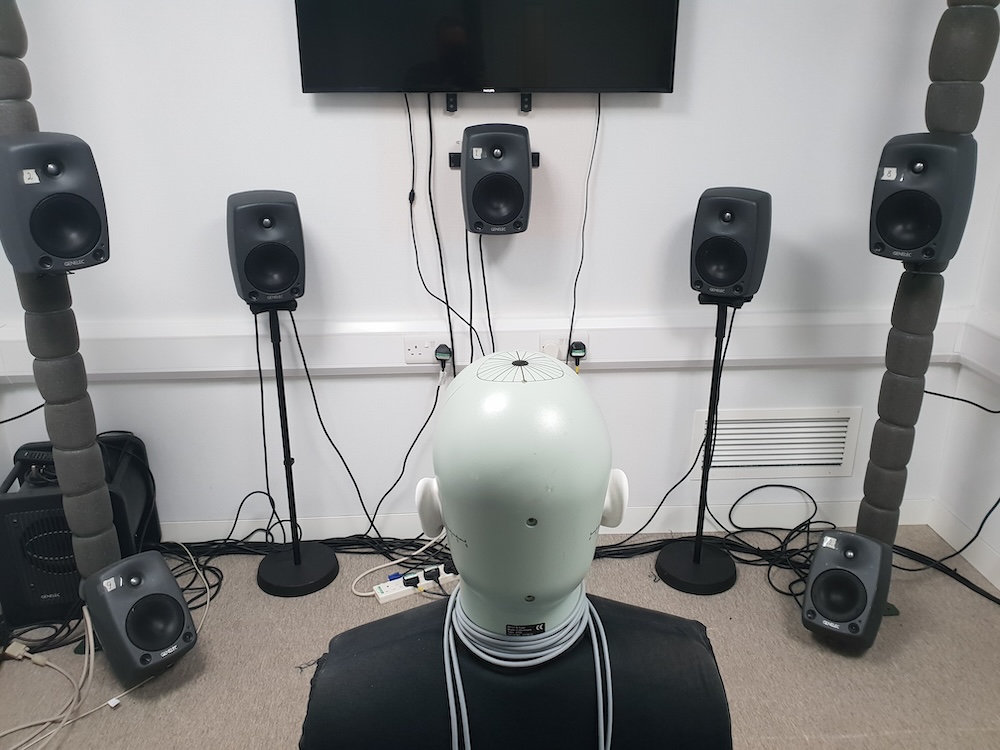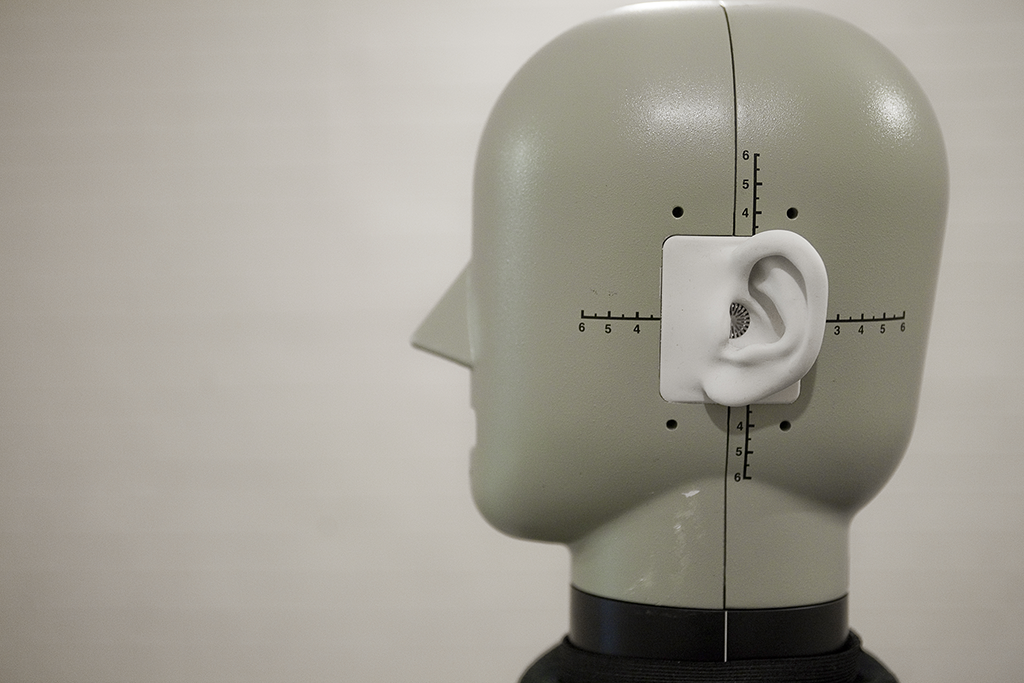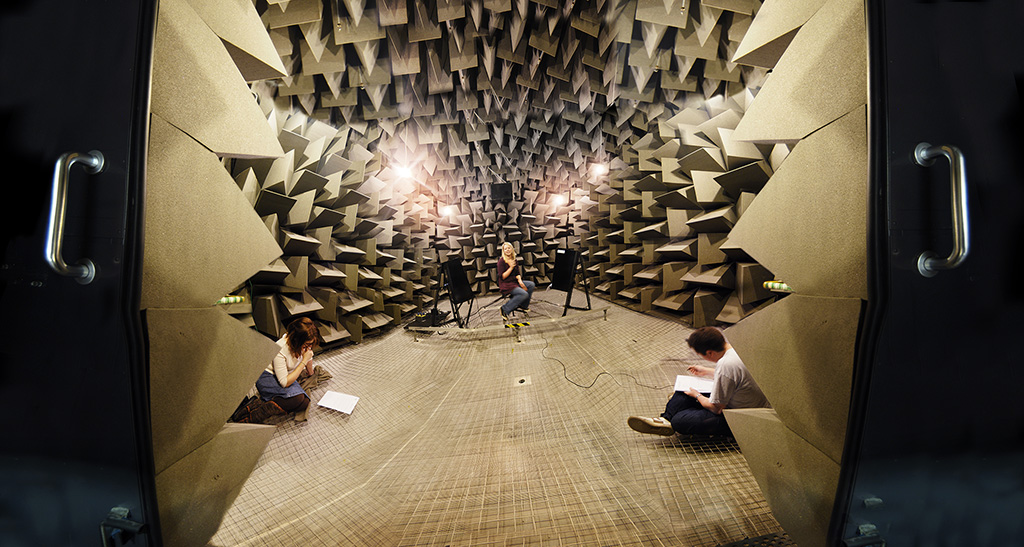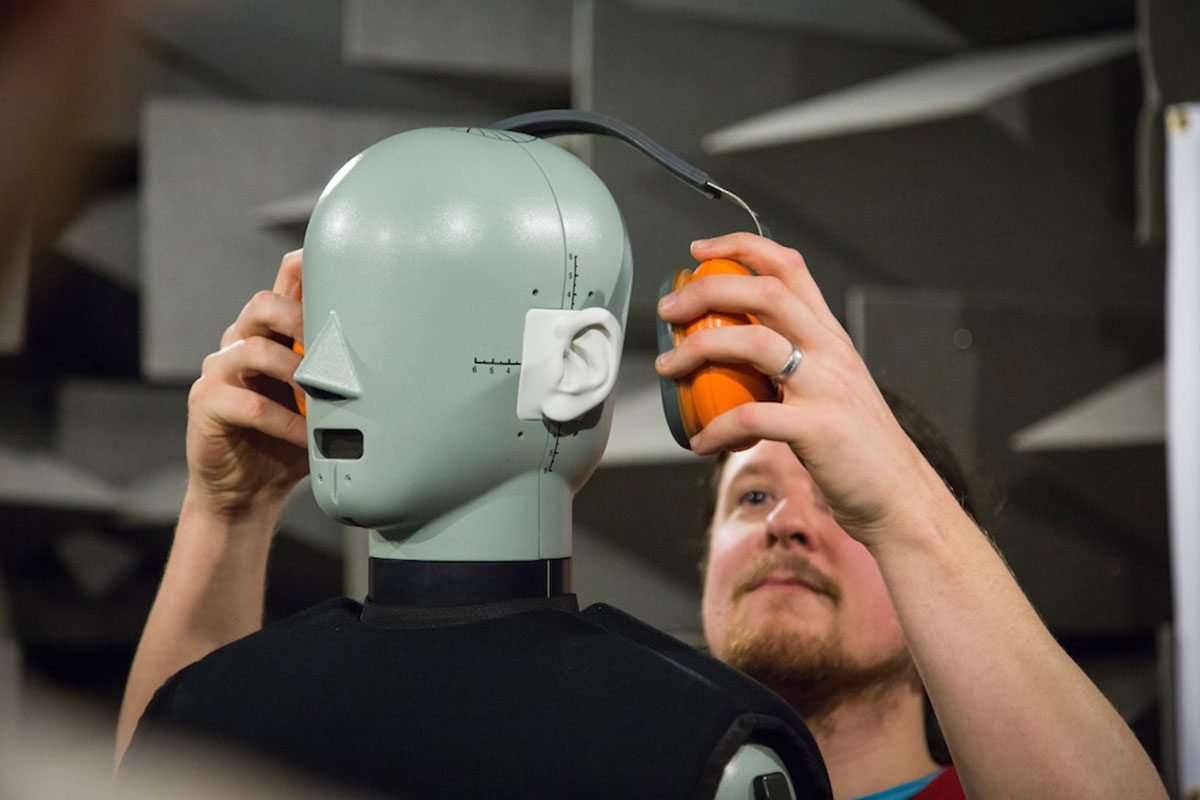The Leverhulme Trust Aural Diversity Doctoral Research Hub
Recruiting now for 2026
The Leverhulme trust aural diversity doctoral research hub is a funded PhD programme across the University of Salford and University of Cambridge. Candidates will apply to one of these institutions depending upon the expertise of a suitable supervisor. This webpage is Salford specific, for Cambridge: https://www.cdh.cam.ac.uk/phd/laura/
- We are now recruiting a third and final cohort for September 2026
- Fully-funded PhD places available at Salford and Cambridge
- Fully-funded MPhil places available at Salford
- International PhD place available at Salford
- Cambridge application deadline January 7th
- Salford application deadline 30th January
We held a webinar for applicants on the 10th December at 12pm (GMT), here is a recording of the webinar. In the webinar, Prof Bill Davies, the Director of LAURA, outlined the programme, the funding and the application process. Then some LAURA supervisors introduced themselves and their topics.
The Leverhulme Trust Aural Diversity Doctoral Research Hub (LAURA) based at the University of Salford invites applications to several fully-funded research scholarships. We are offering:
- 3-year PhD scholarship (plus bursary for year 4 completion)
- 1-year MPhil scholarships
Aural diversity is a new and highly interdisciplinary field and LAURA is the first PhD programme in the world to focus on it. Aural diversity is based on the simple observation that individual and group differences in hearing, listening and responding to sound are common, yet, outside medicine, when sound is produced, controlled, consumed or discussed a “normal” listener is usually assumed.
LAURA students will be supervised by a highly diverse range of supervisors drawn from several departments across Salford. Most disciplines involved with sound are represented, including acoustics, anthropology, art, architecture, computer science, education, engineering, English literature, music/music technology, occupational science, psychology, sociology and speech. Students will have access to facilities including performance and recording spaces, dedicated acoustics facilities and psychology labs.
Currently the stipend is £20,780 per year, 2026 rate will be similar (matching the UKRI rate). LAURA students will not pay tuition fees. In addition, Leverhulme-funded LAURA PhD students will each have access to up to £10,000 for research and professional development costs.
About us
The Leverhulme Doctoral Centre for Aural Diversity seeks to disrupt and transform thinking across disciplines by fundamentally reconceptualising hearing to include the whole spectrum of aural experience. Everybody hears differently. Yet, outside medicine, when sound is produced, controlled, consumed or discussed a ‘normal’ listener is usually assumed. People who hear differently, like a musician with tinnitus, a lip-reading churchgoer or an autistic student are marginalised by this assumption. Salford topic areas are linked below, to find out more about the types of topics available at Cambridge see: https://www.cdh.cam.ac.uk/phd/laura/.



